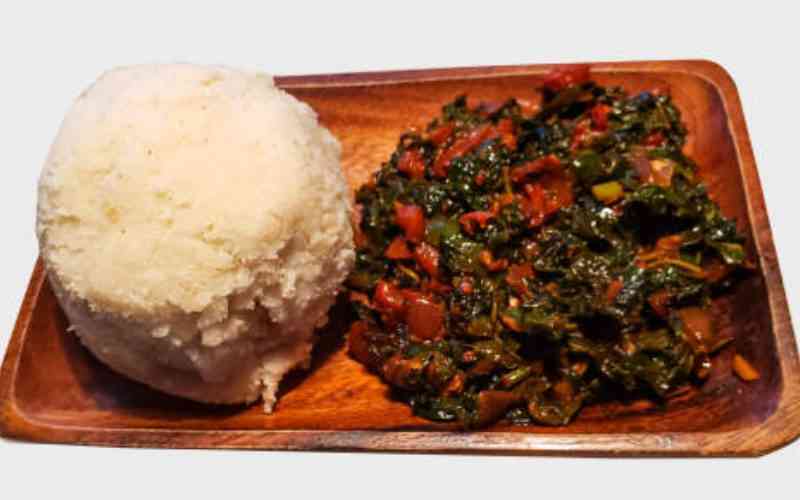×
The Standard e-Paper
Join Thousands Daily

The recent rise in the price of maize flour, popularly known in Kenya as unga, is a clear message to farmers, consumers, researchers and policymakers in our ailing food system.
The price of Sh210 per 2kg packet of maize flour is historic and has raised concerns in villages and towns as parents bear the burden of feeding their families amidst the Covid-19 pandemic, harsh climatic conditions and increasing cost of living.